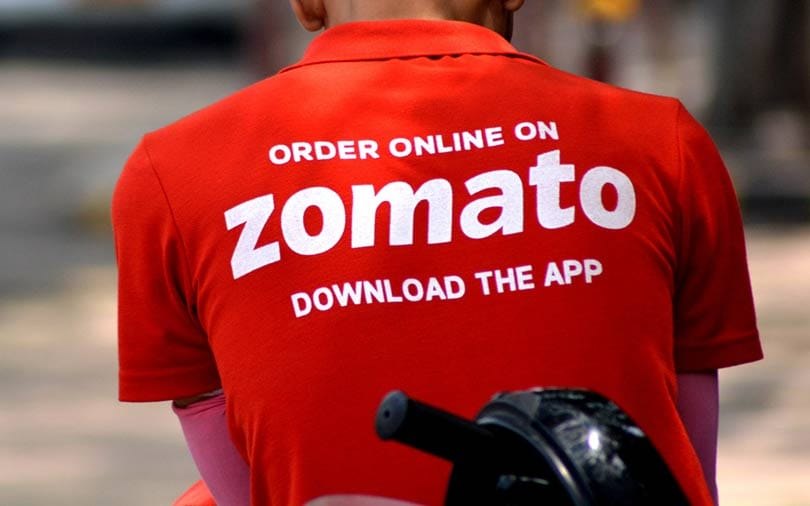14 May , 2024 By : Debdeep Gupta

Shares of Zomato extended losses on May 14, falling up to 6 percent in morning deals as the company's costs on account of its employee stock ownership plan (ESOP) are expected to rise shortly.
Costs incurred under the ESOPs are non-cash expenses, and are likely to increase in the ongoing fiscal “on account of the grant of ESOPs to the Blinkit leadership team and senior employees”, Zomato management said in a post-earnings call on Monday.
On May 13, Zomato reported a net profit of Rs 175 crore for the January-March (Q4FY24) period, compared to a net loss of Rs 188 crore during the same quarter last year. Its revenue rose 73 percent YoY to Rs 3,562 crore.
The online food aggregator has also sought shareholder approval for a fresh employee stock option plan (ESOP) of 18.2 crore shares of the company that is cumulatively worth over Rs 3,500 crore at current market value. After a new ESOP plan is approved, it is typically granted to employees over a few years.
In the shareholder letter, Zomato CEO Deepinder Goyal said that this ESOP pool should be sufficient for the next 5 years, and amounts to 2 percent of the company's outstanding share capital on a fully diluted basis.
ESOPs are important to help build a culture of long-term thinking and innovation and create a ‘founder mindset’ amongst senior employees, which ultimately drives the right outcomes for long-term shareholder value creation, Zomato management said.
"Also, in people-dependent businesses like ours, where great execution and constant innovation are the only determinants of survival, ESOPs are a great way to drive the high-performance culture that we thrive on," it added.
Zomato’s ESOP cost almost doubled to Rs 161 crore in the March quarter, compared to Rs 84 crore in the year-ago period. Zomato management expects the ESOP charge to increase further in FY25.
"On employee cost, we look at the sum of ESOPs and cash together. That total as a percentage of revenue has come down meaningfully. We expect that to continue which is our operating leverage in business. Within that, there is a balance of ESOP and cash comp," said Zomato CFO Akshant Goyal in the post-earnings analyst call.
"The last dilution (for ESOP) we did was pre-IPO. We still have a meaningful portion of that today. We believe we should be good with this for the next 5 years or more," Goyal added.
According to the management, at an overall level, Zomato's total employee expense (including cash expense and non-cash ESOP charge) as a percentage of adjusted revenue has reduced from 29 percent in FY22 to 12 percent in FY24.
Despite the expected increase in both the ESOP charge and the cash employee expense, the company expects this ratio to continue trending downwards in FY25 and beyond.
"The creation of the new ESOP pool mentioned above by itself will not lead to any increase in ESOP charge. ESOP charge is a non-cash expense and is booked only when the ESOPs are granted to employees," the management said in a conference call with analysts.
"We will continue to follow our earlier format of ESOPs with a face value as the strike price; vesting will be linked to time and performance conditions (details of which will follow in the postal ballot notice for shareholders’ approval)," the Zomato management said.
It is worth mentioning that high ESOP costs have been a thorny issue for new-age companies like Zomato and Paytm for the past few years.
At 11:03 am, Zomato shares had recovered to trade at Rs 190.45 on NSE, down nearly 2 percent from the previous closing price.
Emkay Global has mostly retained FY26E earnings per share (EPS) estimates for Zomato, but lowered FY25E EPS by around 20 percent, factoring in the slower profitability for Blinkit on the aggressive store addition plan and higher ESOP costs.
0 Comment